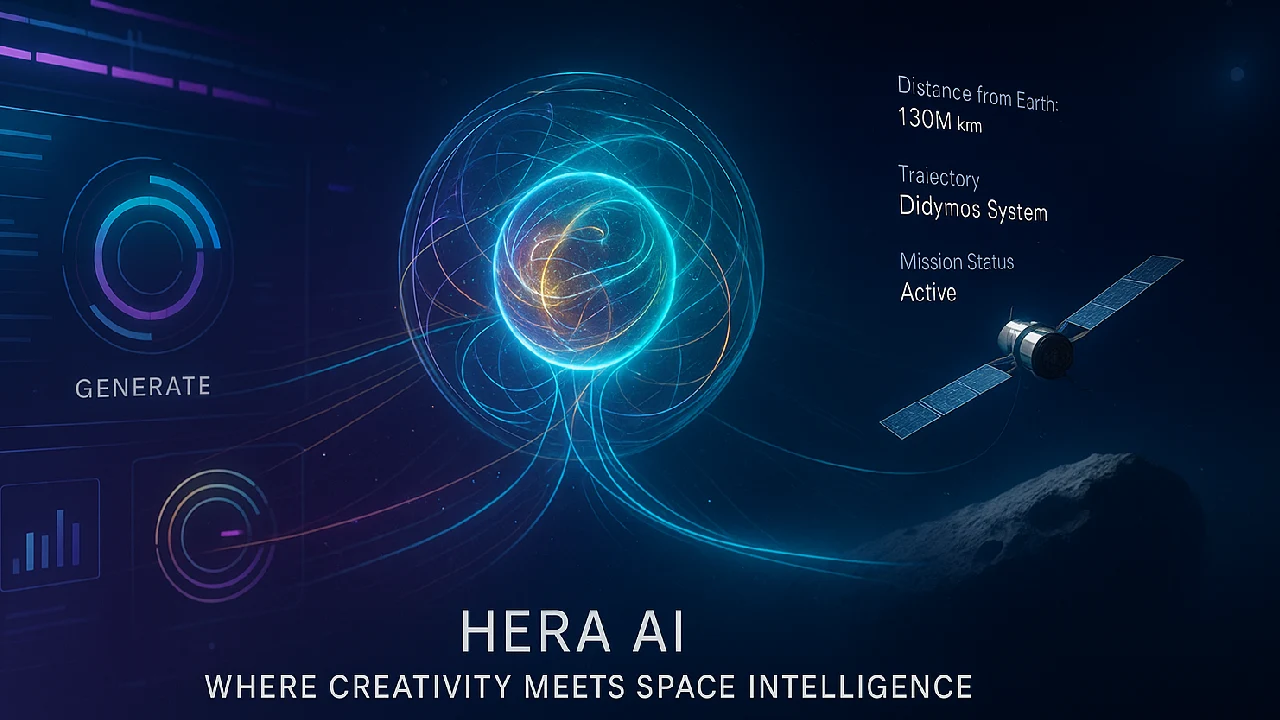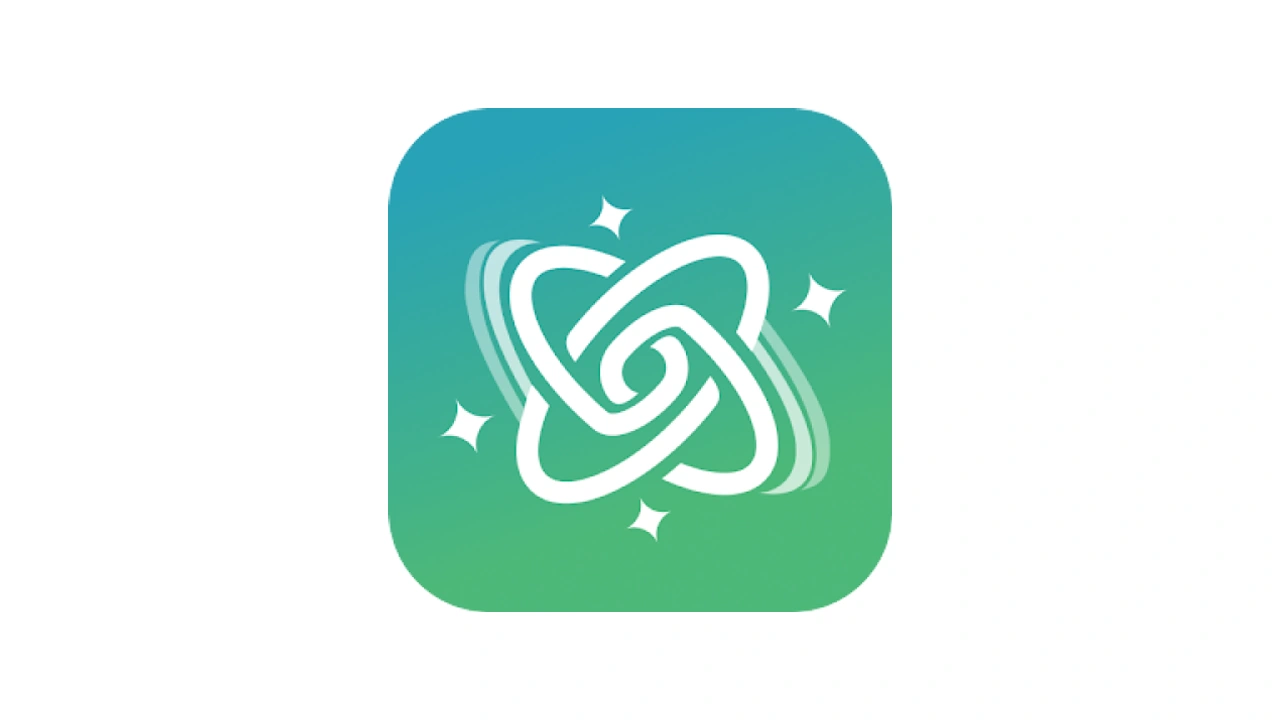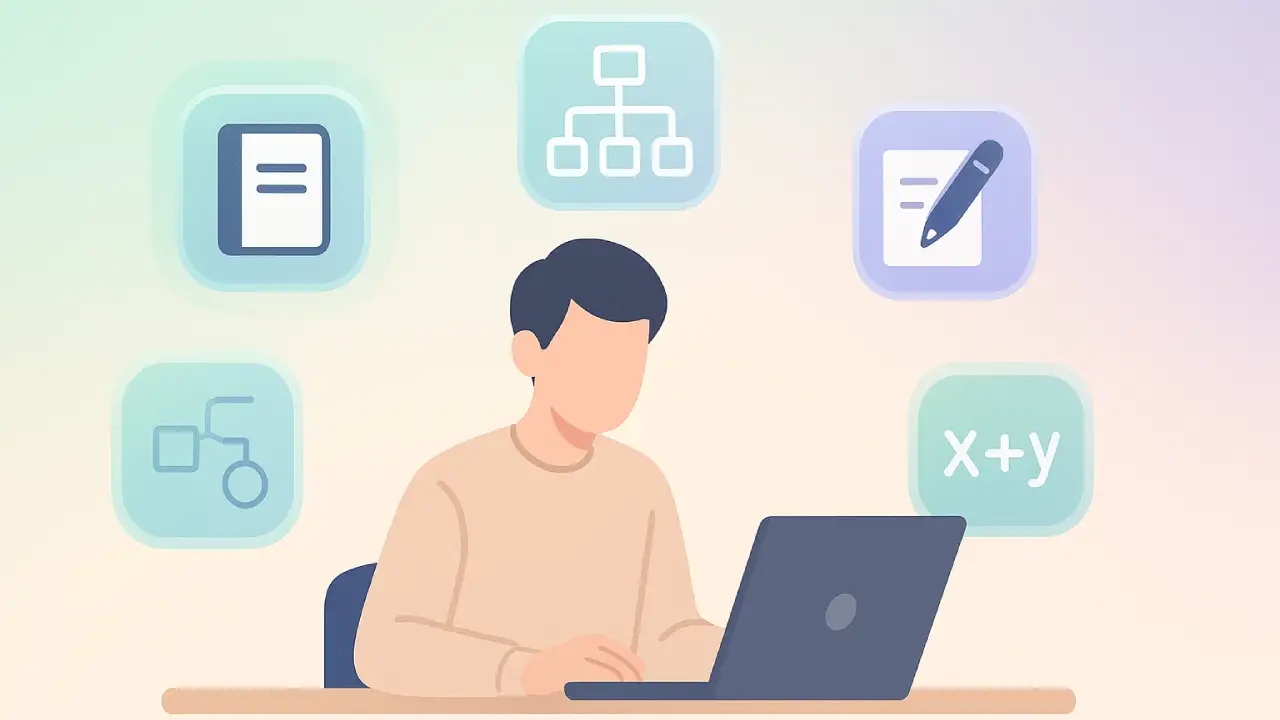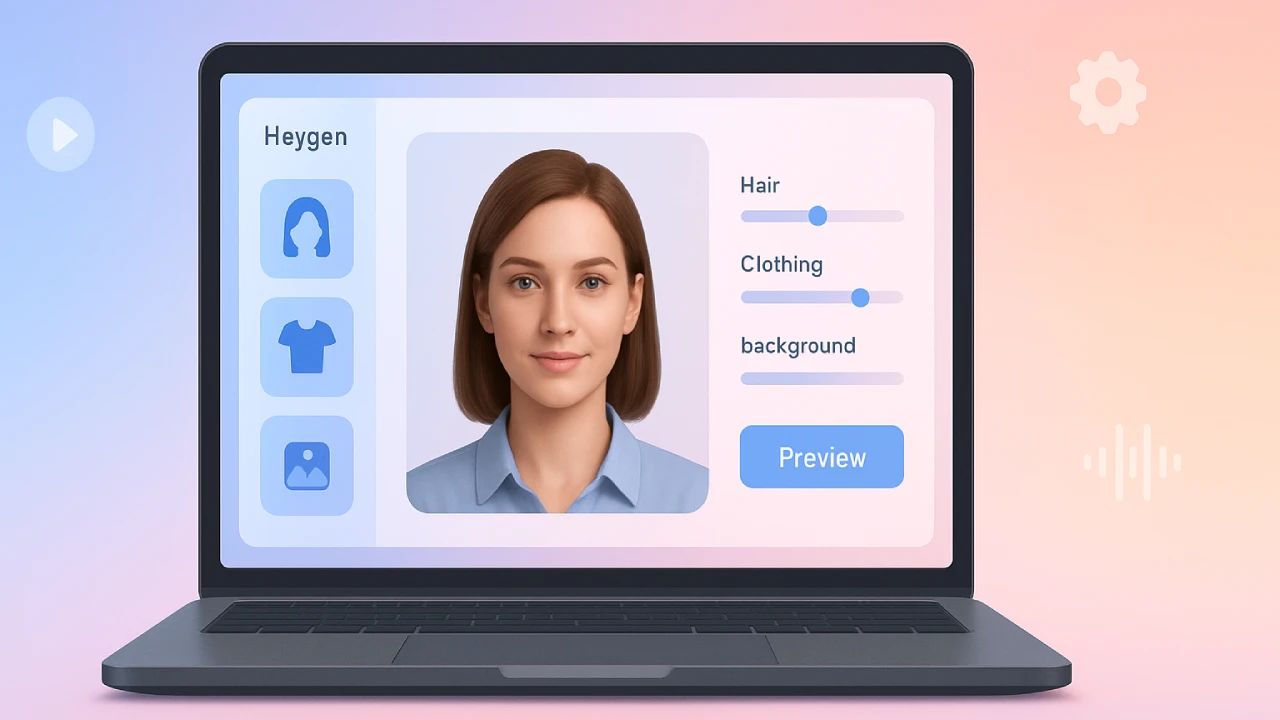In today’s rapidly evolving digital world, AI agents are transforming how businesses and users interact with technology. But What Is AI Agent, and why are they so important?
In simple words, an AI agent is a smart software system that can understand its environment, make decisions, and take actions autonomously—without constant human involvement. This makes AI agents a powerful step beyond traditional chatbots and automation tools.
Let’s dive into what AI agents are, how they work, their types, examples, enterprise use, and more.
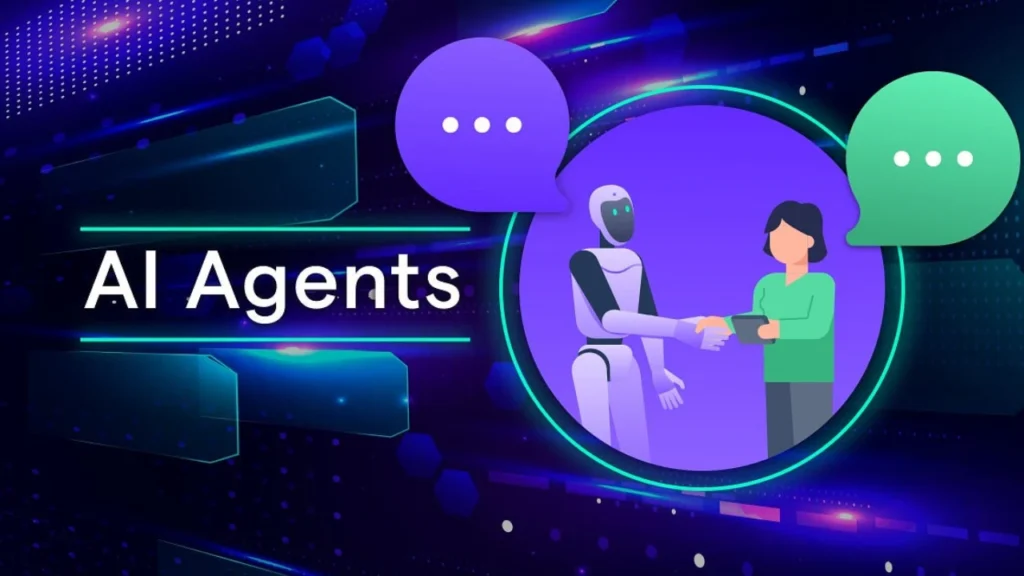
What Is an AI Agent?
An AI agent refers to a program or digital entity that can perceive its surroundings, process information, and act on it to achieve specific goals. Unlike basic bots that only respond to fixed commands, AI agents can plan tasks, learn from experience, and even initiate actions proactively.
This makes them ideal for industries that need automation, personalization, and real-time decision-making.
AI Agent Definition: An intelligent software system that operates autonomously to accomplish tasks based on goals, environmental inputs, and learning mechanisms.
Key Features of AI Agents
| Feature | Description |
|---|---|
| Autonomy | Operates without needing manual input every time |
| Interactivity | Connects with APIs, tools, databases, and more |
| Learning & Adaptation | Improves with data and past experiences |
| Goal-Oriented | Focuses on achieving clear, predefined objectives |
| Proactivity | Acts before being told—detecting opportunities or issues |
Types of AI Agents (with Examples)
Understanding the different types of agents in AI helps in identifying the right use case for implementation.
| Type of AI Agent | Description | Example |
|---|---|---|
| Simple Reflex Agents | Act on current inputs using rule-based logic | Basic thermostat |
| Model-Based Agents | Use internal models to understand the world | Self-driving car system |
| Goal-Based Agents | Take steps to reach defined goals | Navigation apps like Google Maps |
| Utility-Based Agents | Select actions based on expected outcomes or benefits | Financial portfolio optimizer |
| Learning Agents | Adapt through experience and feedback | Recommendation systems on Netflix |
These six types of AI agents vary in complexity and capability, from basic reactive systems to those that evolve with time.
How AI Agents Work
If you’re wondering how AI agents work, here’s a simplified breakdown:
- Sense the environment (via data or APIs)
- Analyze the input (using models or rules)
- Decide on the next step (based on goals or utility)
- Act on the decision (execute a command or task)
- Learn from the outcome (improve for next time)
This agent architecture is the foundation of most AI-powered systems.
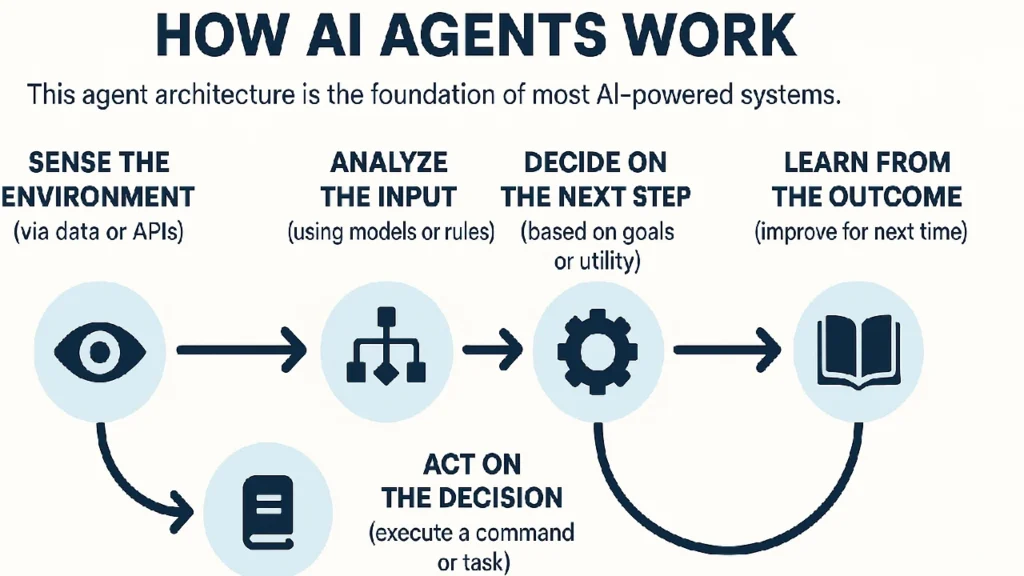
Real-World Applications of AI Agents
AI agents are already making an impact in major industries:
| Industry | Use Case |
|---|---|
| Customer Support | Self-learning agents handling customer queries 24/7 |
| Healthcare | Assisting in diagnostics, patient data, and scheduling |
| Finance | Detecting fraud, managing budgets, and executing trades |
| Logistics | Real-time route optimization and supply chain automation |
| HR and Recruiting | Screening resumes, onboarding employees, and managing compliance |
Enterprise tools like IBM’s Watsonx Orchestrate allow businesses to design no-code AI agents that automate workflows across platforms like Salesforce or Workday.
Benefits vs. Risks of AI Agents
While the benefits of AI agents are impressive, it’s essential to consider the risks as well.
Benefits:
- Reduces repetitive work
- Improves speed and accuracy
- Scales decision-making processes
- Learns and adapts over time
Risks:
- Data privacy and security concerns
- Transparency issues in how decisions are made
- Limited autonomy in complex, open environments
Getting Started with AI Agents
If you’re thinking about adopting AI agents in your business or project, here are a few tips:
- Start simple – Automate small, repetitive tasks.
- Use modular design – So agents can scale and evolve.
- Ensure oversight – Keep humans in the loop.
- Use clean data – Better data = smarter agents.
- Follow ethical standards – Avoid bias, ensure accountability.
Final Thoughts
AI agents represent the next frontier in intelligent automation. As these systems grow more advanced, they will become essential tools for businesses, educators, developers, and consumers alike.
Whether you’re a tech enthusiast wondering what is AI agent in simple words, or a business leader looking to implement one—understanding their types, architecture, and use cases is the first step.
If you’re ready to automate smarter, adapt faster, and make better decisions—AI agents are your future-forward solution.


